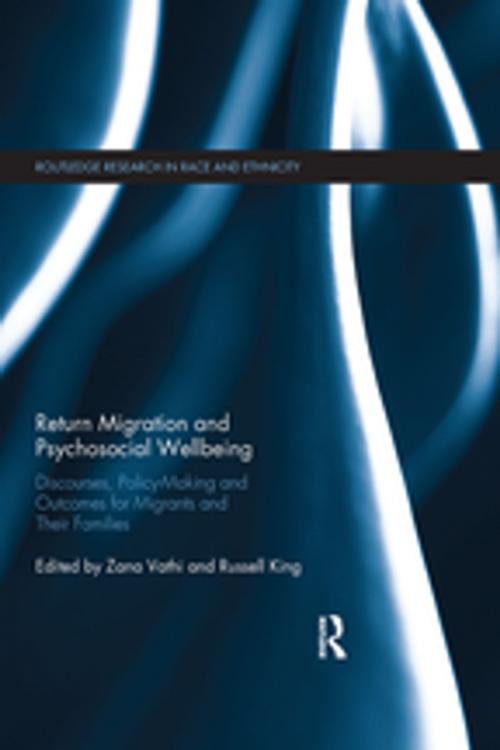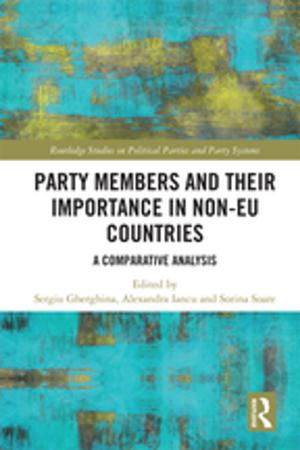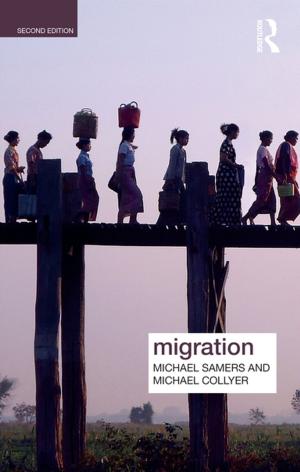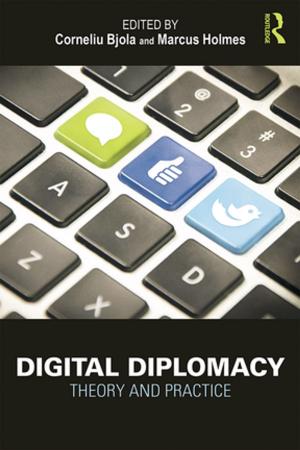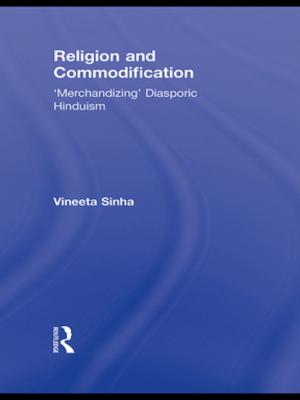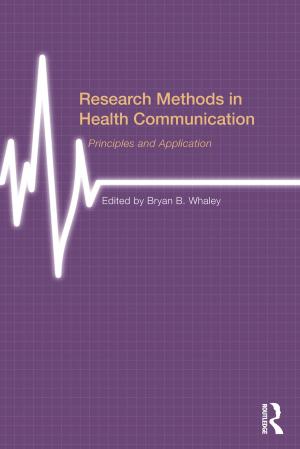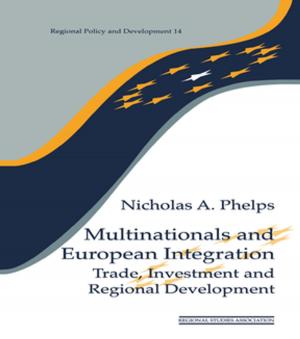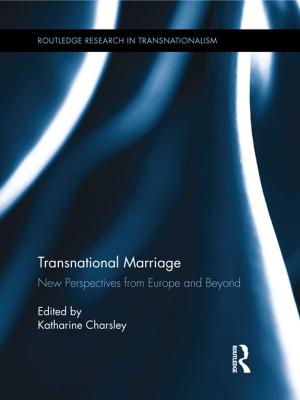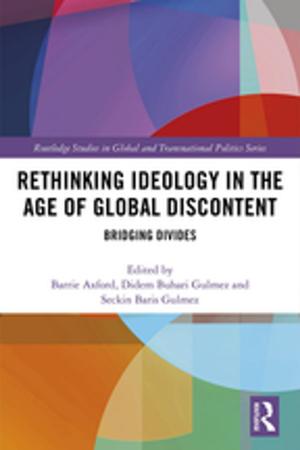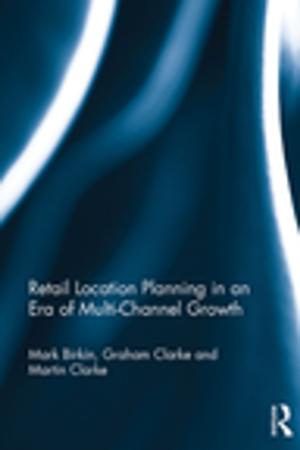Return Migration and Psychosocial Wellbeing
Discourses, Policy-Making and Outcomes for Migrants and their Families
Nonfiction, Social & Cultural Studies, Social Science, Sociology| Author: | ISBN: | 9781317214465 | |
| Publisher: | Taylor and Francis | Publication: | March 27, 2017 |
| Imprint: | Routledge | Language: | English |
| Author: | |
| ISBN: | 9781317214465 |
| Publisher: | Taylor and Francis |
| Publication: | March 27, 2017 |
| Imprint: | Routledge |
| Language: | English |
Return migration is a topic of growing interest among academics and policy makers. Nonetheless, issues of psychosocial wellbeing are rarely discussed in its context.
Return Migration and Psychosocial Wellbeing problematises the widely-held assumption that return to the country of origin, especially in the context of voluntary migrations, is a psychologically safe process. By exploding the forced-voluntary dichotomy, it analyses the continuum of experiences of return and the effect of time, the factors that affect the return process and associated mobilities, and their multiple links with returned migrants' wellbeing or psychosocial issues.
Drawing research encompassing four different continents – Europe, North America, Africa and Asia – to offer a blend of studies, this timely volume contrasts with previous research which is heavily informed by clinical approaches and concepts, as the contributions in this book come from various disciplinary approaches such as sociology, geography, psychology, politics and anthropology. Indeed, this title will appeal to academics, NGOs and policy-makers working on migration and psychosocial wellbeing; and undergraduate and postgraduate students who are interested in the fields of migration, social policy, ethnicity studies, health studies, human geography, sociology and anthropology.
Return migration is a topic of growing interest among academics and policy makers. Nonetheless, issues of psychosocial wellbeing are rarely discussed in its context.
Return Migration and Psychosocial Wellbeing problematises the widely-held assumption that return to the country of origin, especially in the context of voluntary migrations, is a psychologically safe process. By exploding the forced-voluntary dichotomy, it analyses the continuum of experiences of return and the effect of time, the factors that affect the return process and associated mobilities, and their multiple links with returned migrants' wellbeing or psychosocial issues.
Drawing research encompassing four different continents – Europe, North America, Africa and Asia – to offer a blend of studies, this timely volume contrasts with previous research which is heavily informed by clinical approaches and concepts, as the contributions in this book come from various disciplinary approaches such as sociology, geography, psychology, politics and anthropology. Indeed, this title will appeal to academics, NGOs and policy-makers working on migration and psychosocial wellbeing; and undergraduate and postgraduate students who are interested in the fields of migration, social policy, ethnicity studies, health studies, human geography, sociology and anthropology.
